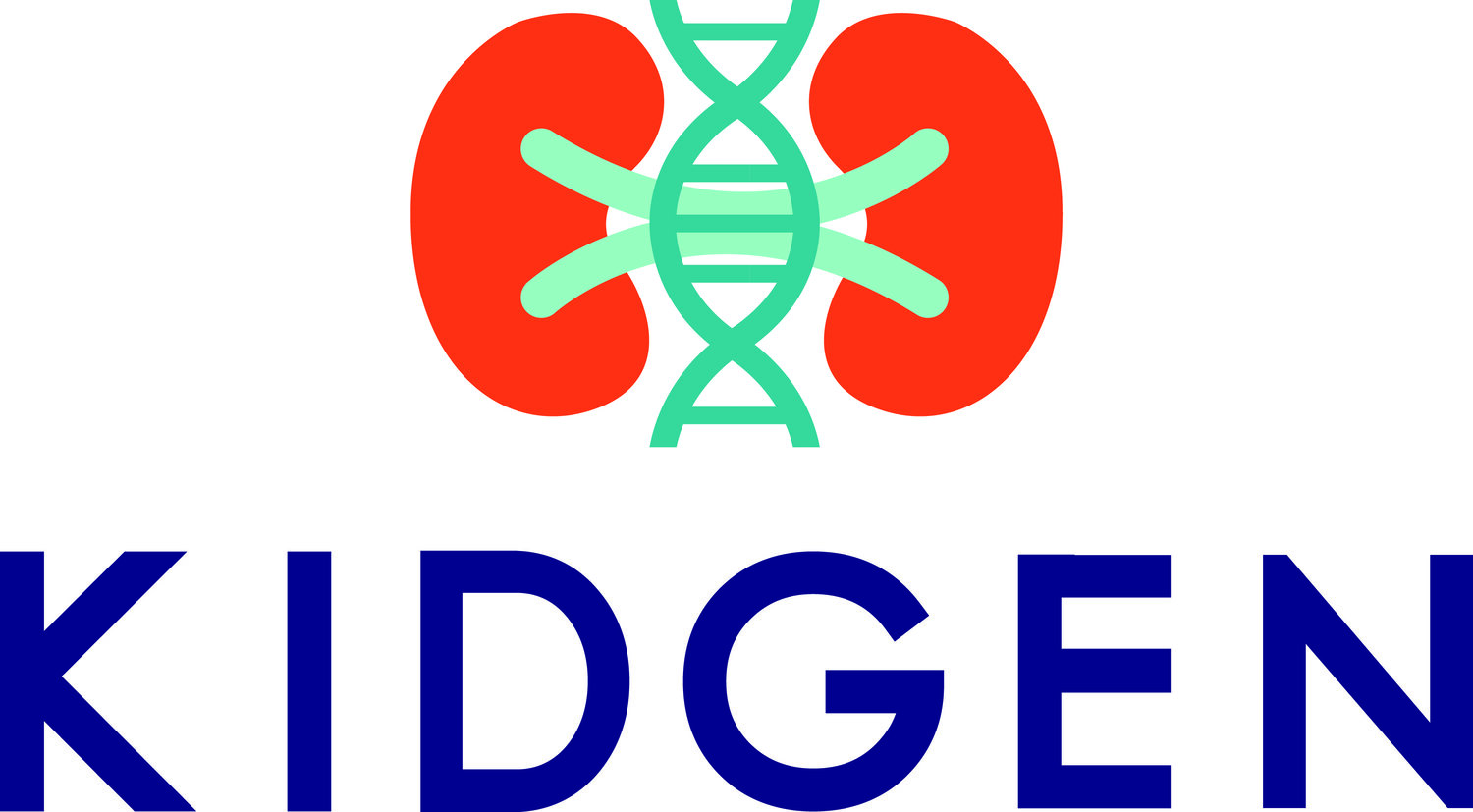As clinicians, we are thinking not only about the patient in front of us, but the whole family because unlike other diagnostic tests, the results of genetic testing may be relevant for relatives as well as the person having testing. It’s important during both pre- and post-test counselling to keep the potential impact for relatives in mind.
Genetic testing often takes weeks or months so one of the key roles of a genetic counsellor is in case management and providing a contact person for the family during this waiting period. Patient feedback tells us that patients really value having a go-to person to check in with on the progress of the results and a clear point-of-contact for any other questions that arise.
During this time, we also support patients and their families to consider how and when they want to be provided with the genetic test result. For example: for children, who will be there – one or both parents? And is there someone else who can look after siblings? For adults it may be that they would prefer to have a partner, friend or sibling present to support them.
Results of genomic testing can be broadly separated into three (3) potential outcomes, each of which is associated with different counselling issues:
-
Here it is important to discuss the possible reasons for this result and the limitations of testing, and to clearly communicate that the absence of a genetic finding does not necessarily mean the condition is not genetic, although that might be case for some individuals.
When no causative variants are identified, this may be because the causative genetic change cannot be detected using the test that was ordered and further genetic investigations might be considered. It may also be because the relevant gene was not analysed as the gene-disease association is not currently known. Further analysis in the future may be useful as knowledge of genetic conditions increases.
Deciding when a result like this suggests that a condition is unlikely to be genetic, as opposed to a condition with a genetic cause that hasn’t been identified, can be difficult and usually requires a discussion with the multidisciplinary team prior to a results disclosure appointment with the patient, as it can help inform counselling and also next steps for the family.
-
This is a result where a variant was identified in a clinically relevant gene, but we’re not sure whether the variant is disease-causing or not. A VUS, or Variant of Uncertain Significance, should not be used to inform clinical management, however the evidence and reasons for the VUS classification listed in the test report may suggest follow-up actions.
Testing of parents or other family members may be recommended to help resolve the VUS. This type of testing, where the focus is on gathering additional information about the inheritance of a variant or its co-occurrence with disease in other family members, is known as segregation testing. However, sometimes it is not possible to resolve a variant of uncertain significance based on current knowledge.
Future reanalysis is possible and that might provide more information down the track.
-
The test has provided an explanation for the individual’s health problems which may assist their treating doctors with decisions about treatment and possibly necessary surveillance. It can also assist in identifying suitable living-related donors for kidney transplantation.
This result is also the result most likely to have implications for other family members. It may be that there are relatives who also have the condition; some may have symptoms, but others may not know they are affected. Or there may be relatives that are healthy carriers for the condition.
Depending on the condition, cascade testing may be recommended to identify other affected family members. However, it is important to consider disease penetrance and expressivity as for some types of genetic kidney disease, the presence of a disease-causing variant does not necessarily predict what if any symptoms or health issues may arise for that individual.
Similarly, carrier testing may be available to identify those in the family who might have an increased chance of having a child with the condition. When this is the case, referral to the local genetics clinic for reproductive counselling may be considered.
Another key component of the genetic counsellor’s role is in supporting families to adjust and adapt to a genetic diagnosis. Because of the focus on the family unit, genetic counsellors are also often involved in facilitating family communicate on about the diagnosis – either directly or indirectly – and can ensure families are aware of relevant support organizations. This may be particularly important when the diagnosis is of a rare disease.
It is always the patient’s or parents' decision whether to proceed with genetic testing and our role during pre-test counselling is to ensure they have enough information and feel empowered to make the best decisions for themselves and their family. Surveys of individuals that attended a renal genetics clinic and proceeded with genetic testing, showed that they valued the information received during dedicated pre-and post-test counselling and the majority did not regret their decision to have genomic testing.
It is not that every patient in the nephrology clinic who might benefit from genetic testing should be referred to a genetics service or a multidisciplinary renal genetics clinic, but providers considering ordering a genetic test for their patient should have an awareness of the potential issues involved, and recognise which patients would benefit from a referral to such a service, and at which point in the process.





